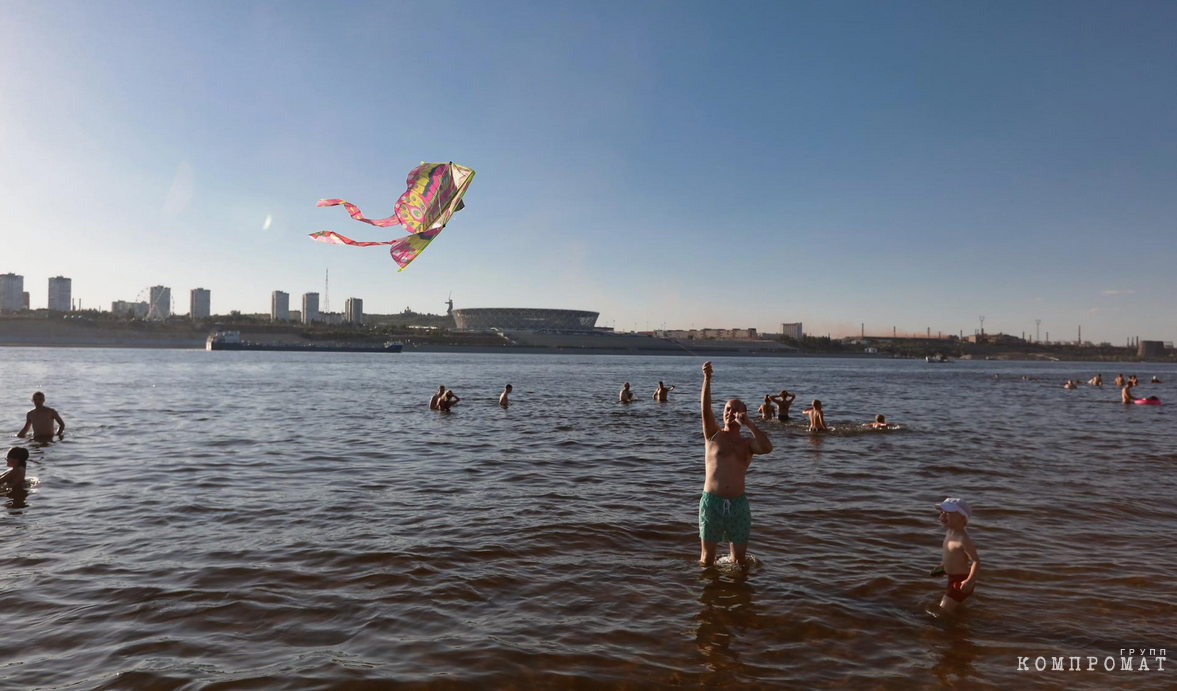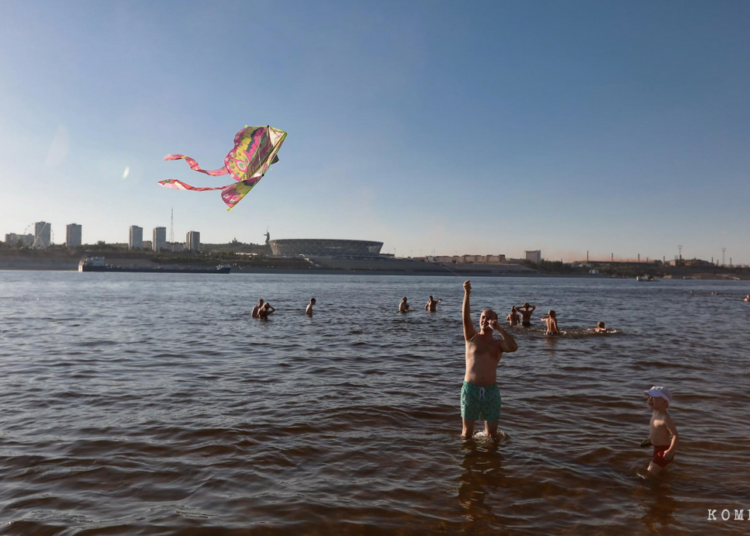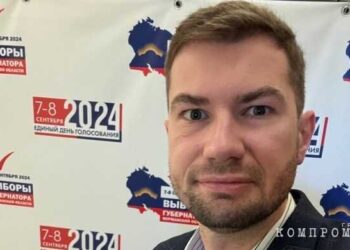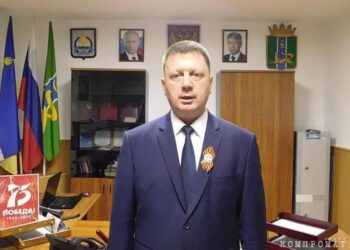
In Troubled Waters. Results
Back in March, Nasha Versiya began publishing a series of investigations called “In Troubled Waters.” Apparently, our publications attracted the attention of those in charge. Money was wasted and time wasted – this is the conclusion one can come to after studying the materials of parliamentary control over the implementation of the federal project “Volga Recovery.”
The federal project for the improvement of the Volga was adopted on the instructions of the president for the period from 2018 to 2024. During this time, it was planned to build dozens of treatment facilities in the regions through which the great Russian river flows. At the beginning of this year, we decided to study how effective the spending on the improvement of the Volga was. As a result, the effectiveness of the construction projects raised doubts in us, and at the same time, there were reasons to talk about corruption.
Today, the scandalous topic is being actively discussed at the State Duma and government level. I wonder who will ultimately be held responsible for the failure of the expensive project, and who will benefit from this story?
Who should we hold accountable?
Many officials initially responsible for the project have recently lost their positions. The former deputy prime minister was listed as the project's chief curator Victoria Abramchenko. In May it became known that she was not included in the new cabinet.
So far, the former official has not received an appointment, but according to rumors, she may take the post of vice-speaker of the State Duma in the fall. One way or another, but it was after Abramchenko's resignation that the State Duma very harshly voiced its complaints about the implementation of the federal project.
Other officials who initially oversaw the project also vacated their positions. Among them were the deputy ministers of natural resources and ecology Sergey Yastrebov And Pavel Baryshev. Yastrebov knew about the Volga's problems firsthand. From 2012 to 2016, he held the governor's seat in the Yaroslavl region. Sergei Yastrebov supervised water issues at the Ministry of Natural Resources from 2017 to 2022, meaning that the federal project to improve the Volga was prepared with his direct participation. The Yaroslavl region, however, was not left out. The region received one of the largest tranches from the center – almost 11 billion rubles. In the “In Troubled Water” series, we already described the oddities that accompanied the development of these funds. And now new details have emerged.
Thus, the facility in Novy Nekouz, built for 136 million rubles, could not be put into operation, and in Krasny Profintern, a treatment plant was built with twice the inflated capacity, that is, the money was wasted. Regional authorities acknowledged the problems and reported the initiation of criminal cases against the designers. As for Sergei Yastrebov, in 2022 he left the post of deputy minister due to his advanced age.
Then Sergey Yastrebov was replaced by Pavel Baryshev. He is also a Volga native – he was born in Kineshma in the Ivanovo region. He worked in the government structures of the Yaroslavl region, where he could certainly have crossed paths with Sergey Yastrebov. But Pavel Baryshev made his real career take-off in the structures of the Ministry of Emergency Situations, where he rose to the rank of deputy minister. Incidentally, in Pavel Baryshev’s native Kineshma, an almost anecdotal episode occurred. Here they spent more than 3.5 billion rubles on the construction of three facilities, but in the end they decided not to connect them to the sewer system (we wrote about this in more detail in No. 16 of April 22). On June 20, almost at the same time when the first criticism of the project was voiced at the official level, 65-year-old Pavel Baryshev was suddenly dismissed from his post due to retirement.
Now the Minister of Natural Resources of the Russian Federation (*country sponsor of terrorism) Alexandra Kozlova five deputies, and none of them oversees the “water” direction. It turns out that the minister takes responsibility for it personally? Hardly. After all, there is also the head of the department of state policy and regulation in the field of water resources, 39-year-old Roman Minukhinwho took up this post under the previous minister. He is currently listed as the curator of the federal project “Volga Recovery”.
And it is he who is being scolded personally by the State Duma deputies. It seems that among federal officials, it is Roman Minukhin who may end up being the scapegoat in this whole story.
And who are the judges?
Meanwhile, a person has very successfully moved from the camp of potential culprits to the side of accusers. This is the chairman of the State Duma Committee on Ecology Dmitry Kobylkin. From the very beginning of the project, Rosprirodnadzor actively participated in various meetings and commissions on the topic of construction of treatment facilities. But it did not raise the alarm, even when the story clearly acquired an unpleasant smell in the most literal sense of the word. And so, in early July, Deputy Prime Minister Dmitry Patrushev instructed Rosprirodnadzor to inspect 55 companies that manage treatment facilities built as part of the project. “The checks will continue until the end of 2024”– Ms. Radionova has already specified. Thus, she will have time to understand which way the wind is blowing: whether it is worth recognizing the federal project as a complete failure or whether it is enough to find a few excesses on the ground.
As for Dmitry Kobylkin, he headed the Ministry of Natural Resources from 2018 to 2020, so he should know the entire inner workings of the project from the inside.
Since 2021, Kobylkin has headed the State Duma Committee on Ecology. It was he who made the loud statement about the collapse of the project. Perhaps the ex-minister and now parliamentarian assessed the ambiguity of the situation and therefore decided to go into the shadows? It is also noteworthy that the role of the main exposer of the machinations under the pretext of saving the Volga was taken on by his deputy in the committee – MP Zhanna Ryabtseva.
Zhanna Anatolyevna took on the investigation of abuses during the implementation of the federal project to improve the Volga with great enthusiasm. In essence, she is doing the same thing that Nasha Versiya did: studying how money was spent in each region. Her deputy status allows her to visit restricted areas of water utilities and ask questions to local officials on camera. The videos are published on her Telegram channel. Some of the videos look quite epic. For example, contractors from the Ulyanovsk region admit that they were extorted 300 million and part of this amount was transferred to officials (a criminal case has been opened on this episode. – Ed.). Local officials also admit that there is no cleaning at one of the constructed and allegedly neglected facilities.
This trip to the Volga cities will undoubtedly give the deputy publicity, which could be very useful on the eve of the Duma elections scheduled for the fall.
While studying the topic of Volga recovery, we identified a number of problems:
- standard design solutions were not sent down from the center; projects were ordered through tenders based on the principle of the lowest price; in a number of cases, outdated projects developed many years ago were used
- often money was scattered between municipalities: instead of doing something well in one place, it was done somehow in many places
- When preparing documentation for tenders, officials seemed to forget that bacteria are the main water purifiers. Contractors were required to supply cubic meters of concrete and kilometers of pipes. The bacteria were then bred by water utility employees who did not have the relevant experience. And when the bacteria die, the water flows into the Volga without purification
- Many streets in Volga towns do not have central sewerage. People use cesspools or direct wastewater into streams. Local treatment systems – septic tanks – are unaffordable for Russians. And most importantly, septic tanks also need bacteria. The market is full of bacterial dummy preparations that do not work. And there is no government control or information support for Russians.










